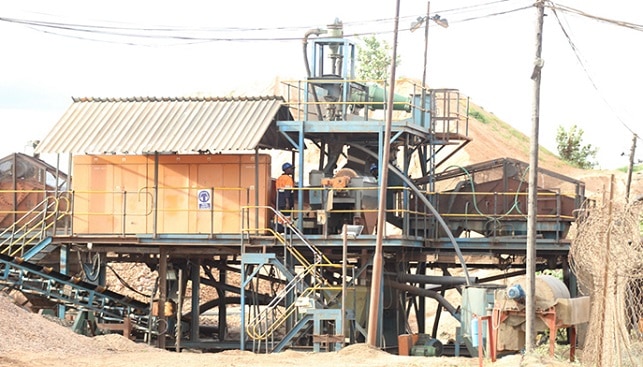Conflict diamonds, also known as blood diamonds, are diamonds that are mined in war zones or regions controlled by rebel forces who use the profits to fund armed conflict against legitimate governments. The trade of these diamonds often contributes to human rights abuses, including forced labour, child labour, and violence.
The Origins of Conflict Diamonds:
Conflict diamonds gained global attention during the 1990s, particularly due to the civil wars in countries such as Sierra Leone, Liberia, Angola, and Democratic Republic of the Congo. Rebel groups in these regions often seized control of diamond-rich areas, using the diamonds to fund their military efforts, while civilians were subjected to horrific abuse.
The 1998 United Nations report on the diamond trade highlighted the issue of conflict diamonds, leading to increased awareness and international efforts to combat the trade.
The Kimberley Process Certification Scheme (KPCS):
In response to the growing concerns about conflict diamonds, the Kimberley Process Certification Scheme (KPCS) was established in 2003. The Kimberley Process is an international initiative aimed at preventing the trade in conflict diamonds. It sets requirements for member countries to certify that diamonds exported from their country are conflict-free.
Under the Kimberley Process, participating countries must:
Certify that diamonds have been mined and exported without contributing to armed conflict.
Ensure that diamonds are accompanied by a certificate stating their conflict-free origin.
Monitor and regulate the diamond trade within their borders, with customs authorities and diamond industries playing a key role in ensuring compliance.
While the Kimberley Process has made significant strides in reducing the trade in conflict diamonds, it has faced criticism and challenges, such as:
Loopholes in enforcement, allowing diamonds from conflict zones to enter the market through smuggling or fraudulent certification.
Limited scope: The Kimberley Process primarily addresses rough diamonds but does not extend to diamonds that are cut and polished, which can still end up on the market despite having been mined in conflict zones.
Impact on the Diamond Industry:
The diamond industry has taken steps to address the issue of conflict diamonds, and many major jewellers have pledged to only source diamonds that comply with the Kimberley Process certification. However, there is ongoing pressure on the industry to do more to ensure that diamonds are ethically sourced and to prevent the trade of diamonds that could fund violence or abuse.
The term “blood diamond” has also sparked public awareness, leading some consumers to demand greater transparency about the origins of their diamonds and prompting the rise of ethical and fair trade diamonds.
Alternatives to Conflict Diamonds:
Ethically Sourced Diamonds:
Many jewelers now offer ethically sourced diamonds, which are sourced from regions with strong human rights protections and strict environmental standards.
Some companies even go beyond the Kimberley Process, supporting fair trade initiatives and other certification programs that ensure diamonds are mined and traded responsibly.
Lab-Grown Diamonds:
Another alternative to conflict diamonds is the growing market for lab-grown diamonds. These diamonds are created in controlled environments using technology that mimics the natural diamond-forming process. Lab-grown diamonds are not only free from the ethical concerns of conflict diamonds but also often more affordable.
Traceable Diamonds:
Advances in technology have allowed for better tracking of diamonds from the mine to the retail store. Some diamonds now come with full traceability to verify that they were sourced responsibly and without contributing to conflict.
Consumer Responsibility:
As a consumer, it’s important to be aware of the ethical issues surrounding diamond purchasing. Asking questions about the origins of a diamond, requesting certification, and opting for brands that support ethical practices can all help reduce the demand for conflict diamonds.
Many consumers today are choosing diamonds that are conflict-free and come with traceable certifications to ensure they have not contributed to any form of violence or human rights abuse. Supporting ethical brands and lab-grown diamonds can also help ensure that the diamond industry works toward greater accountability.
The Role of DCLA:
The DCLA (Diamond Certification Laboratory of Australia) is committed to ensuring that the diamonds it certifies are conflict-free and adhere to internationally recognized standards. Through the Kimberley Process Certification Scheme, DCLA helps ensure that diamonds sourced and sold in Australia meet the highest ethical and legal standards. When purchasing diamonds, DCLA certification provides a level of assurance that the diamonds being bought have been sourced responsibly.

